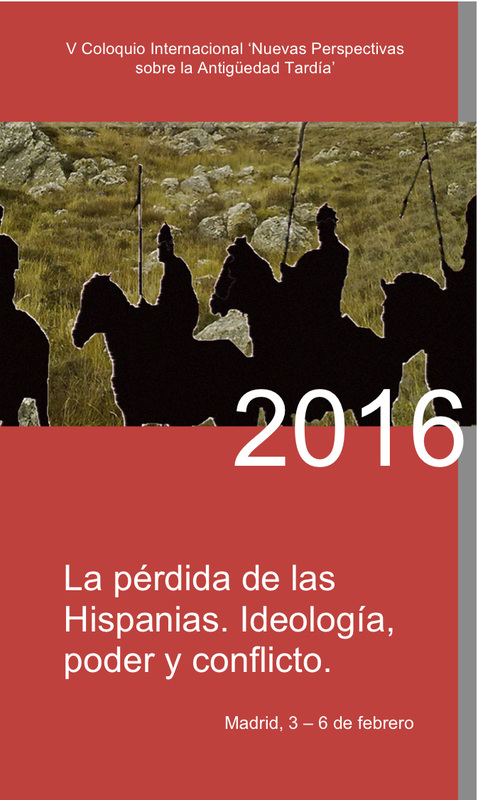We were very pleased to host Guy de la Bédoyère at Lincoln yesterday, Wed 9 November 2016.
Guy is a historian who has written widely on Roman Britain and the Roman world, and has also published several books on the correspondence of the English seventeenth century diarists Samuel Pepys and John Evelyn, among other subjects. He is best known to the general public for the fifteen years he took part regularly in Channel 4’s popular archaeology series, Time Team, between 1998 and 2013.
From 2007 to 2016 he taught History and Classical Civilization at Kesteven and Sleaford High School in Sleaford, Lincolnshire, and is pleased with the number of students who went on to study History, Classics or Archaeology at university. Despite his French name, Guy is also descended from the ancient Lincolnshire family of Thorold. Married, with four adult sons, Guy lives near Grantham and has now given up teaching to return to freelance writing, lecturing, travelling in the United States (indeed he was touring in southern California and Arizona only five days ago) and Australia and elsewhere, while also enjoying the recent arrival of his granddaughter. His next book, Praetorian; the Rise and Fall of Rome’s Imperial Bodyguard, is to be published by Yale University Press in March 2017.
Today’s talk was about “The Real Lives of Roman Britain”: an exploration of the evidence for individuals during the Roman era in this island. Using anthropological parallels and also the European arrival in Australia, this developed the idea that modern western societies, being classical in origin, can access the Roman classical record but have no other easy conduit into the culture of the indigenous tribal societies. The Roman sense of self, and the desire to record that in the transmissible form of epigraphic records and written histories, enables us to access Romanized identities because, culturally, we have inherited Roman language forms and methods of visual depiction. When the Britons are visible to us it is almost invariably because they have been recorded in Romanized form because their other methods are literally and metaphorically invisible to us. This includes the acquisition of Roman name forms, the use of the classical sense of realistic visual forms, and the medium of a Romanized individual choosing to record a Briton in his milieu. If a Briton presents him or herself within the record it is only because of the adoption, apparently willingly, of the cultural motifs and language of the invading Roman culture. This raises the question of a key paradox – if we need Romanized forms to access a Briton then when we have that opportunity has the essence of the Briton been destroyed in transmitting his or her identity through a Roman medium? The arrival of Europeans in Australia mirrors this to some extent. The record of Britain in Australia in the early years is of a colonizing imperial culture in which indigenous peoples are marginalized, barely understood and left as an opaque backdrop. This paper explores the evidence for the Britons within the Roman record and considers the extent to which access is an illusion or even simply impossible. This raises questions about our own upbringing and how rapidly we become configured within narrow cultural parameters that challenge access to wider understanding.
In a day in which the world was in shock after the results of the American elections, this talk provided a breath of fresh air which made us think about imperial culture, assimilation of indigenous traditions and customs, as well as acculturation in a different light, while also promoting the adoption of more interdisciplinary approaches to dig deeper into these subjects.













